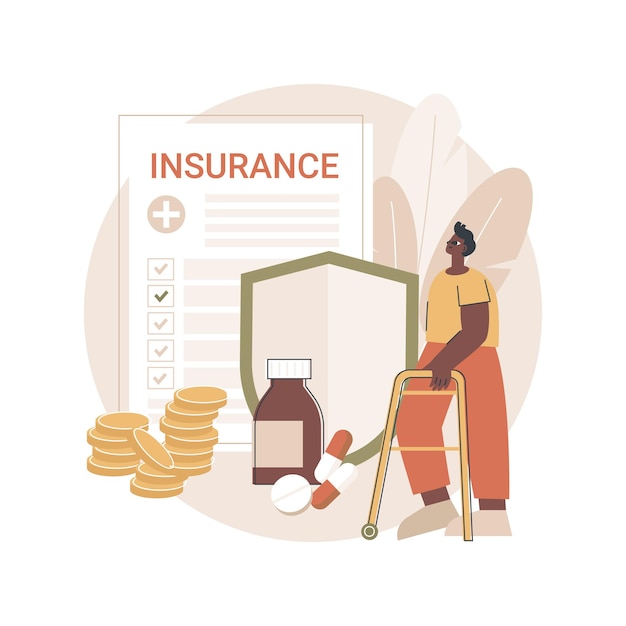
Frugality is a powerful resource for managing and improving your finances. Contrary to the belief that it involves pinching pennies or living a life of scarcity, frugality actually emphasizes mindful money management, prioritizing savings, and eliminating unnecessary costs.
HOW FRUGALITY SHAPES FINANCIAL PLANNING
Effective frugality means judicious use of your money, without living as a penny-pincher. It does not entail skimping on necessities or leading a restrictive lifestyle. Rather, it implores us to spend wisely, aligning our spending habits towards specific purposes and objectives, thus minimizing resource wastage.
Frugality can significantly boost your financial health in several ways:
1. Enhanced Savings: Frugality promotes cutting down frivolous expenses, which can be redirected towards savings and investments, leading to accumulated wealth and financial stability over time.
2. Debt Reduction: Frugality advocates paying down high-interest debts faster, thereby saving on interest payments and moving towards debt-freedom quicker.
3. Decreased Stress: Money problems often cause stress. Being frugal reduces this because it means living within your means and preparing for unexpected expenditures.
4. Intelligent Consumer Choices: A frugal mindset encourages you to seek value and buy only what’s worth your money.
5. Long-Term Goals: Frugality fosters achieving long-term financial aspirations like buying a home, starting a business, or setting up for an early retirement.
10 WAYS TO INCORPORATE FRUGAL HABITS
Applying frugal practices to your daily life can positively impact your financial situation. Here are ten ways to adopt frugality:
BUDGETING
Establishing a detailed budget based on your monthly income and spending habits is an effective frugal habit. Adjust it as needed and encourage good practices, such as home-cooking, while setting realistic budget objectives.
HOME COOKING
Instead of frequent dining out, investing time in cooking your own meals can significantly reduce daily expenses. Creative shopping and meal planning can cover your weekly food cost within the price of a single restaurant meal.
MEAL PLANNING
Not only does meal planning aid financial health, but it also promotes nutritious eating and lessens stress related to meal preparation. It grants increased control over food costs and encourages mindful expenditure.
USING COUPONS AND DISCOUNTS
Strategic use of coupons and discounts can drastically reduce everyday expenses, enhancing financial health and savings over time.
AVOID IMPULSE BUYS
Dodge impulsive shopping to maintain better control over your finances. Think carefully before making large, spontaneous purchases.
PRIORITIZE SAVINGS
Ensure a portion of your income is directed towards building an emergency fund. This provides a safety cushion for unforeseen costs and prevents unplanned debt.
CUT FRIVOLOUS EXPENSES
Eliminating excess expenses leads to improved financial stability. Regularly review and manage your bills and subscriptions, and identify and reduce expensive habits.
BUYING USED
Consider purchasing second-hand items like furniture, clothing, and electronics. This can lead to considerable savings, helping to reduce debt and build wealth.
DIY AND REPAIRS
DIY projects can save on service fees. They also help develop new skills, reduce costs and enhance self-reliance, boosting financial health in the long run.
EMERGENCY FUND
An emergency fund is vital for unforeseen expenses, preventing unplanned debt and contributing to financial stability.
FINAL THOUGHTS
Adopting frugal habits can significantly improve your financial health, leading to higher savings, reduced dependence on money and increased financial awareness. However, remember that frugality should not lead to discomfort – the goal is a better future without sacrificing the present.


